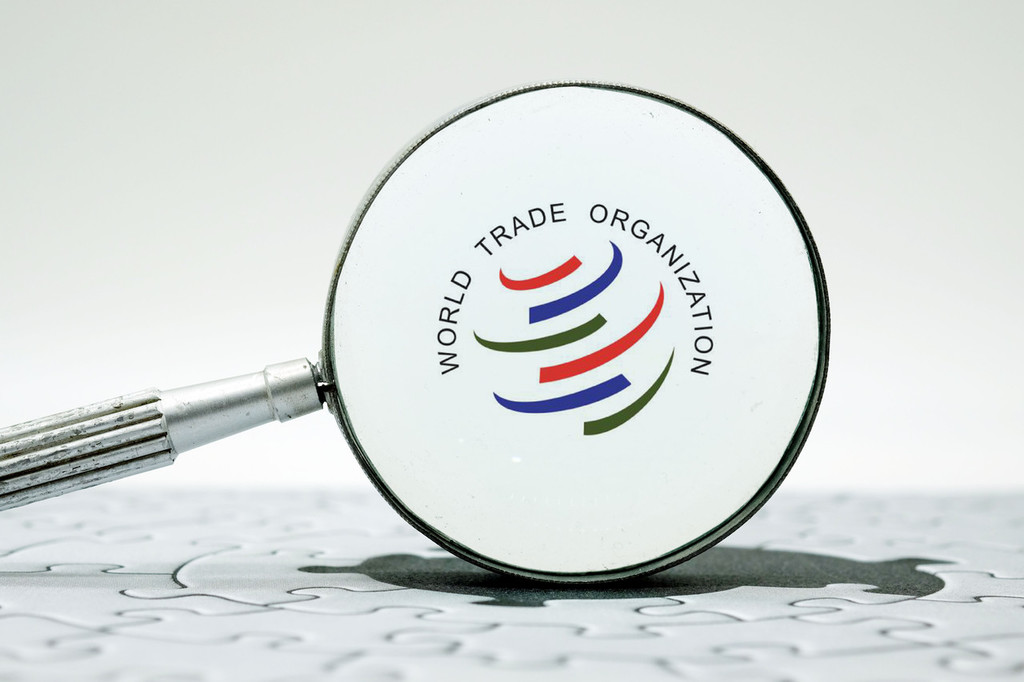The dispute settlement court of the World Trade Organization (WTO) is undergoing a life or death moment as two judges left the Appellate Body on Tuesday due to tenure limits.

The Appellate Body functions as the de facto court of appeals at the WTO and is composed of seven members. (Photo: VCG)
The proximate reason for the court’s first lockout crisis since its founding in 1995 is the decreasing judge number, a result of the US blocking new appointments as the terms of sitting members expires.
The fallout is far-reaching. As the panel ceases to work, the world economy would mark a return to the “law of the jungle,” WTO Director-General Roberto Azevedo warned.
“Investors will pull back, the economy will lose steam and jobs will be lost - millions of jobs will be lost,” said Azevedo.
The Appellate Body functions as the supreme court for international trade. It is composed of seven members, independent from power politics. Many worried that without it, the WTO dispute settlement system may collapse, which in turn has potentially serious consequences for future rule-making efforts in the WTO.
The US has been blocking appointments and reappointments of the panel’s members for over a year and a half, claiming that it often abuses its power which thus forced its members to assume more obligations.
Washington also believes the current incentive mechanism for the judges has already significantly impacted on WTO’s finances.
At the last regular WTO dispute settlement mechanism meeting in 2019, the US representative pointed out that the annual income of the judges of the Appellate Body as a part-time position is more than 300,000 Swiss francs, which is much higher than the full-time position of the Deputy Director-General of the WTO.
Mexico, the European Union and other major trade partners of the US have called for a prompt solution to restore the dispute settlement court’s functions.
At a regular meeting of the WTO Dispute Settlement Body on Nov. 22, Mexico, on behalf of 117 WTO members, suggested again that the selection process for new judges in the Appellate Body be initiated to fill current and upcoming vacancies.
EU Trade Commissioner Phil Hogan said that an effective dispute settlement system is indispensable for ensuring open and fair trade.
Speaking to BBC, Azevedo said it may take months to fix the problem and “significant” changes are needed for the dispute settlement mechanism.
Reform should resolve crucial issues threatening the WTO’s existence, while preserving the interests of developing countries, said China’s Foreign Ministry spokesperson Hua Chunying. Despite the crisis facing the WTO Appellate Body, efforts by all sides to safeguard the multilateral trading regime will not stop, and a solution to maintain the running of the WTO dispute settlement mechanism is being studied, Hua added.


